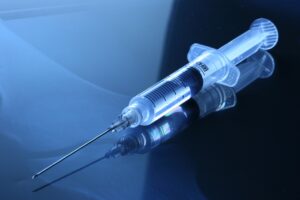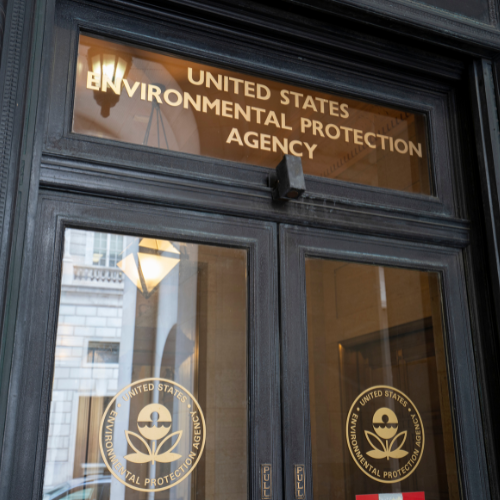Over 100 Students, Teachers, and Staff Diagnosed with Rare Cancers After Attending a New Jersey High School
April 27, 2022The EPA looks to finally ban asbestos in the United States
April 27, 2022 In 1971, Johnson & Johnson (J&J) funded a study that injected 50 prisoners in Pennsylvania with asbestos. The purpose behind the study was to study the effect that talc and asbestos has on human skin and the differences between asbestos and talc. Talc is the main ingredient in their infamous baby powder and often contains asbestos naturally.
In 1971, Johnson & Johnson (J&J) funded a study that injected 50 prisoners in Pennsylvania with asbestos. The purpose behind the study was to study the effect that talc and asbestos has on human skin and the differences between asbestos and talc. Talc is the main ingredient in their infamous baby powder and often contains asbestos naturally.
J&J defends their study stating that this testing was acceptable for the time. A spokesperson for J&J stated that “At the time of these studies, nearly 50 years ago, testing of this nature among this cohort set was widely accepted, including by prominent researchers, leading public companies, and the U.S. government itself.”
The experiments were performed by a University of Pennsylvania dermatologist, Albert Klingman at Holmesburg Prison. Testing was funded by Dow Chemical and the U.S. Government. 44 of the 50 inmates experimented on were African American. They were paid between $10 and $300 to agree to the experiment.
The inmates were injected with tremolite and chrysotile asbestos and talc. The chrysotile injections caused granulomas during the duration of the testing. Granulomas “can be an indicator of lung disease or other ailments linked to asbestos exposure” David Egilman a Brown University medical professor stated during his testimony as a plaintiffs expert in a trial against Klingman.
Kligman died in 2010 and never acknowledged any wrongdoing. “My use of paid prisoners as research subjects in the 1950s and 1960s was in keeping with this nation’s standard protocol for conducting scientific investigations at the time,” he told the Baltimore Sun in 1998.














